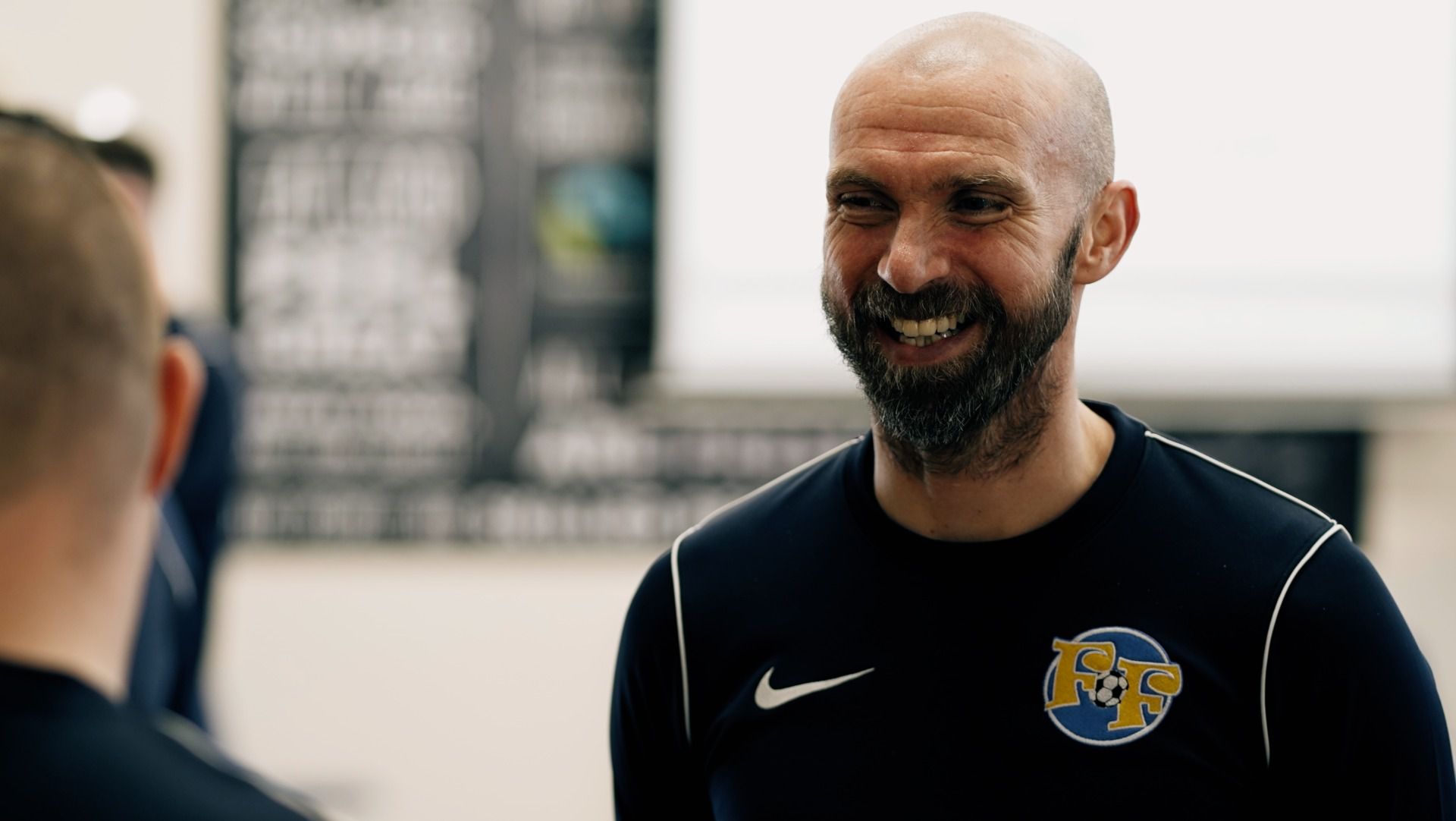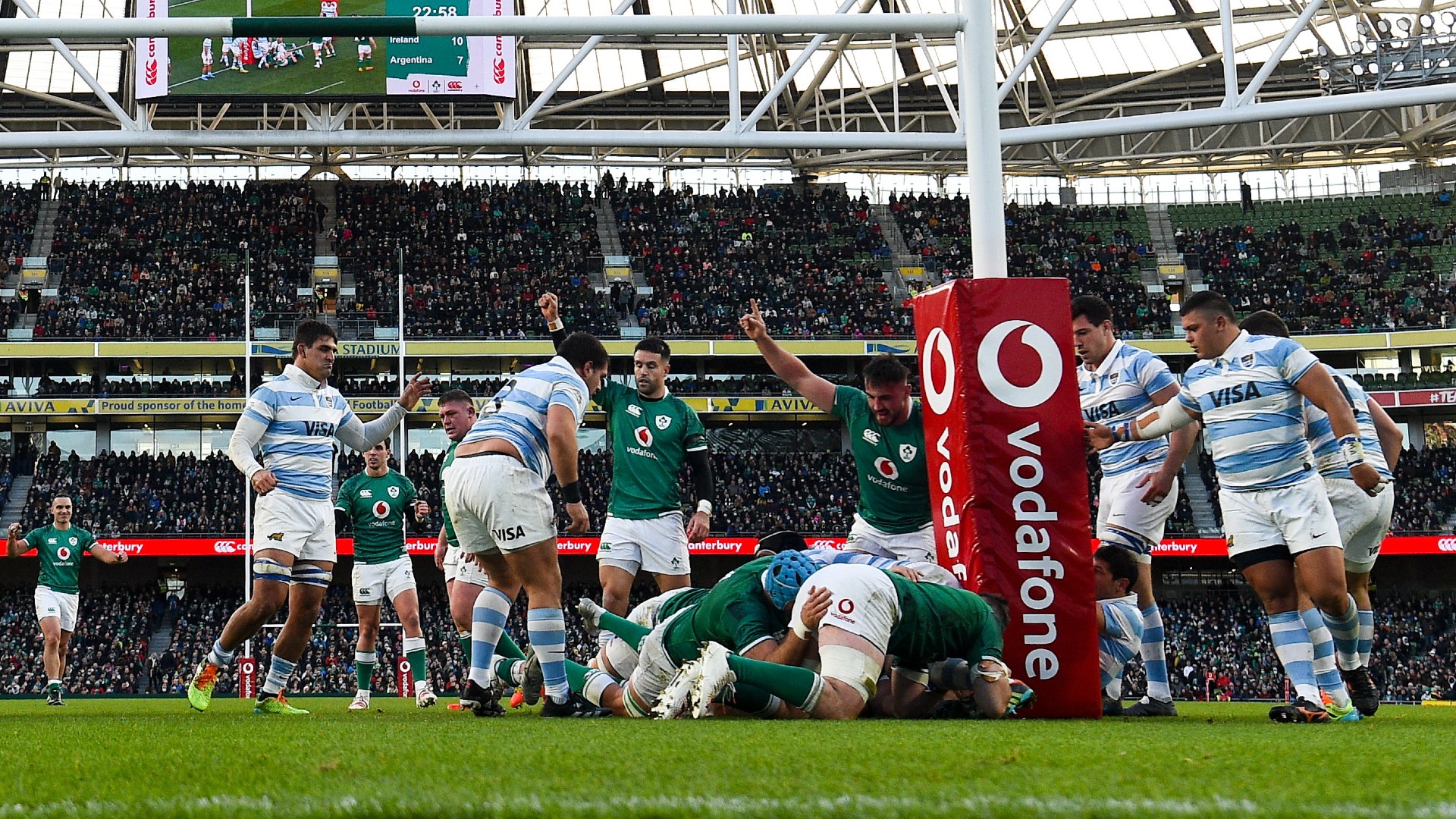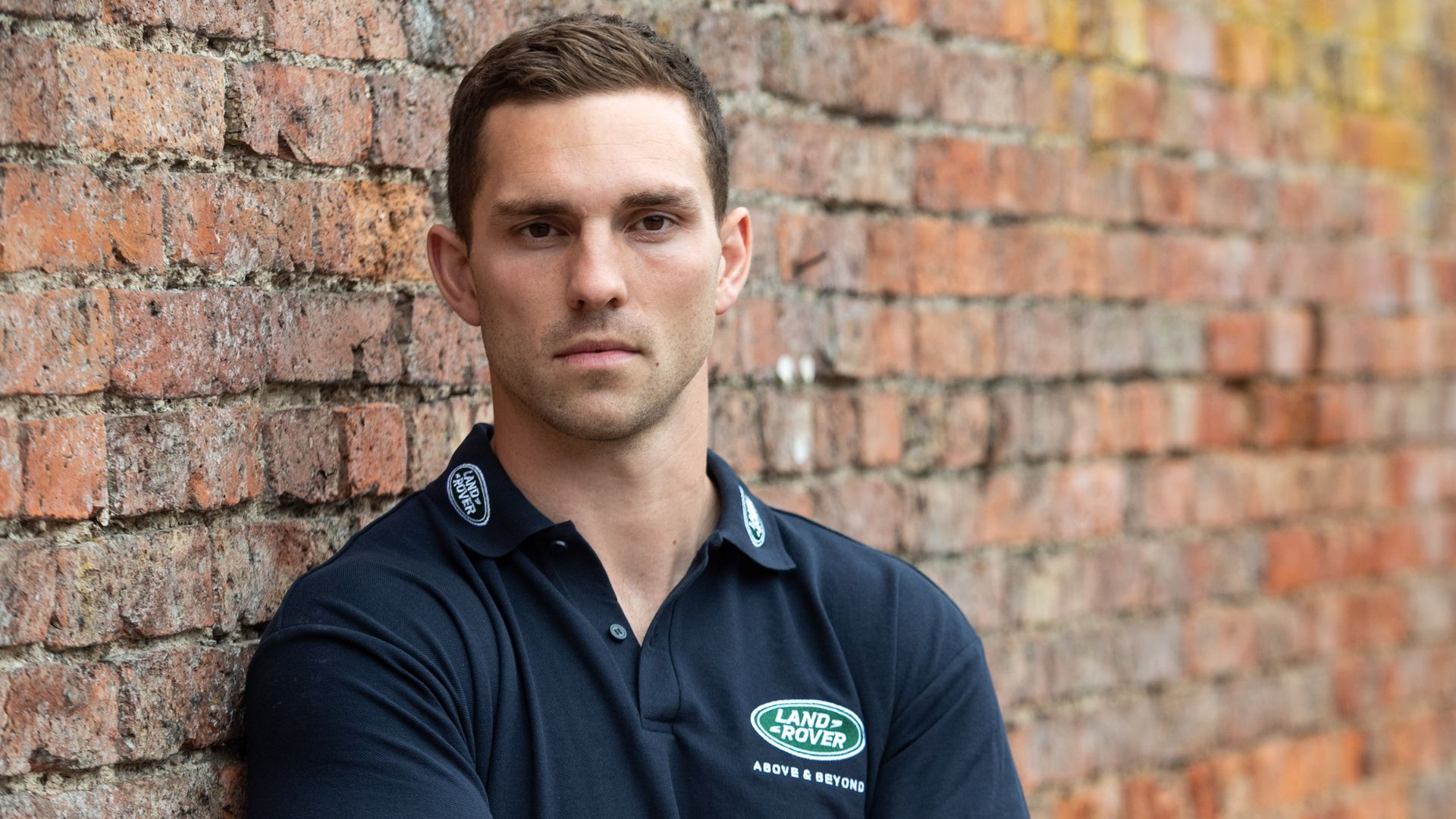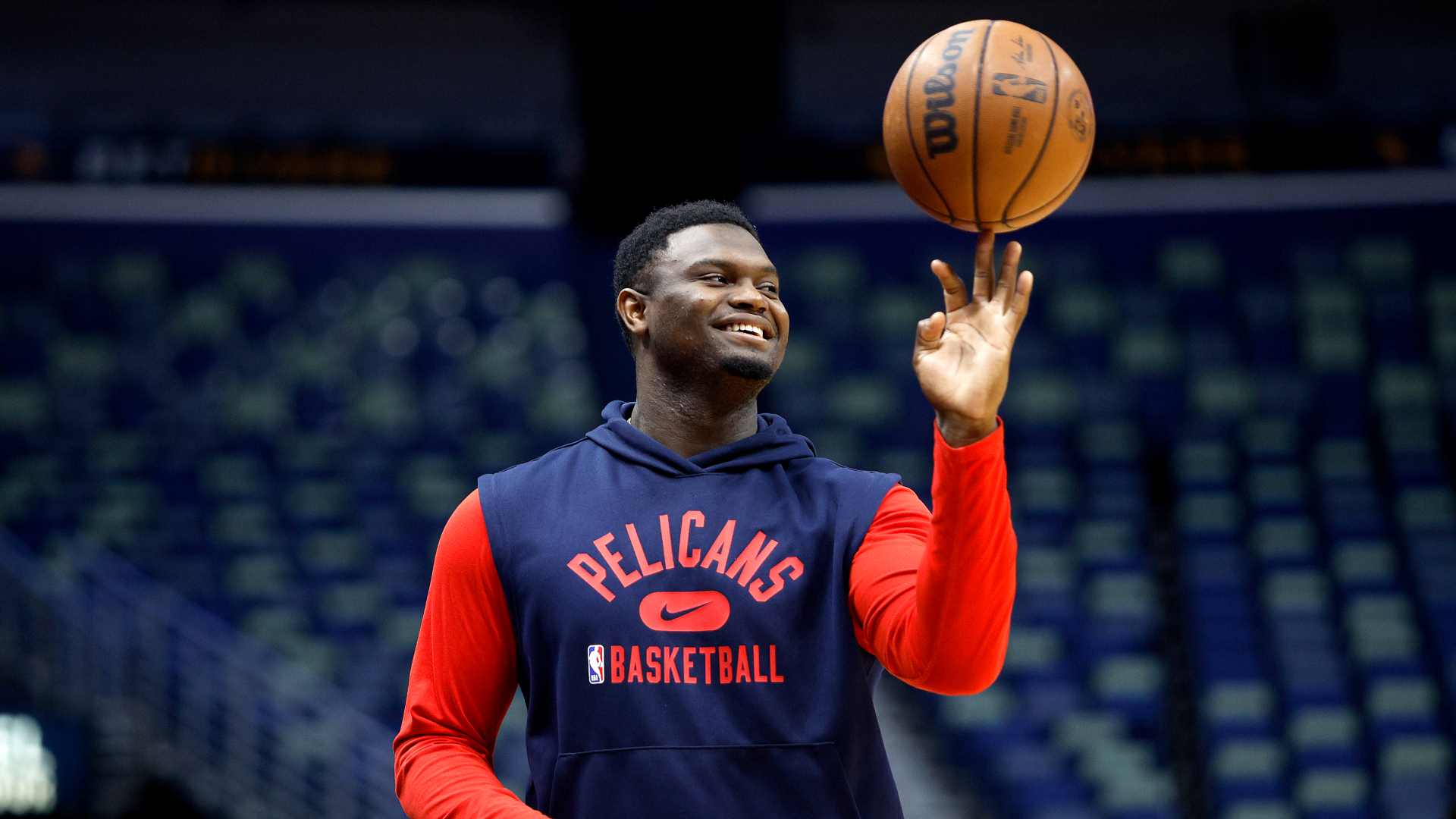
Luke Chadwick knows all about the highs and lows of being a professional footballer — and how the beautiful game can hide a very sinister side.
Graduating from Manchester United’s academy, Chadwick brushed shoulders with numerous stars moulded by Sir Alex Ferguson.
Hip and pelvis injuries put paid to his hopes of Premier League stardom but he still managed to forge a fine career spanning nearly 500 senior appearances.
Spells with Royal Antwerp, Burnley, West Ham and Stoke, along with a host of other clubs, sit proudly on his CV yet his days of stressing over the rigours of playing are long gone.
Seven years have passed since Chadwick, 41, called time on his professional career after being released by his local club Cambridge United.
And the ex-England Under-21s winger is focused on enjoying himself having discovered that developing aspiring pros was not for him after obtaining his coaching badges.
Speaking exclusively to LiveScore, he said: “I just didn’t like what football turned me into at the side of a pitch.
“I was probably struggling a bit mentally, still full of bitterness because my playing career was at an end.
“I hated the sound of my voice moaning at the referee, shouting instructions at the players. What should’ve been a dream job for an old footballer just wasn’t for me.”
In the midst of Mental Health Awareness Week, Chadwick hopes he can help give others the confidence to talk about their feelings and seek help where needed.
His work as a director at the Football Fun Factory — aimed at getting kids of all ages and abilities playing football for fun and personal development rather than fame and glory — has given him a new lease of life.
Chadwick added: “We run programmes for children aged between two and 12 and it’s all about incorporating a love of football through fun.
“I came on board about two-and-a-half years ago with co-founders Jonny Martin and James Cutting, a couple of good friends of mine.
“I went on a podcast with them talking about my experiences in football. And the more I learnt about the Football Fun Factory, the more it reminded me of my childhood.
“Playing at my local grassroots clubs, I was just running around having fun. I don’t remember any tactical or technical information from that time — I remember how much I loved it.
“We’re not attached to any professional football clubs. We’re not a development pathway. We’re not trying to unearth the next Lionel Messi.
“What we’re trying to do is use football as a vehicle to develop positive life skills like teamwork, communication, sportsmanship. That’s what we praise the kids for in our sessions.
“We’ve always spoken about becoming the world’s leading children’s coaching organisation. At the moment, we have a team of 50 coaches working up and down the UK, which is expanding all the time.
“The plan is to become a nationwide recognised brand with as many kids taking part and enjoying our programmes as possible.”
Chadwick now heads to work with a spring in his step each day. But his journey to this point has been a turbulent one, filled with some amazing memories and dark moments.
He received widespread praise in May 2020 for speaking out about how comments on BBC TV show They Think It’s All Over relating to his appearance had impacted his mental health early in his career.
Recalling that difficult period in his life, Chadwick said: “I just felt so helpless to it all, like there was nothing I could do to stop it happening.
“I was never confident or emotionally intelligent enough to let anyone know how I was feeling.
“What I would do is bottle feelings up inside. If anyone said anything to me I’d say, ‘It’s fine, it doesn’t bother me at all’. But in reality, it was making me suffer.
“I don’t think what happened to me in terms of a TV show making those comments would happen now. Thankfully, times have moved on, but I’d have still faced abuse on social media.
“The big difference with social media, however, is you can have a voice back, to tell people that comments have made you feel a certain way and also have the support of others.
“Things have definitely improved but young pros are still dealing with that intense scrutiny every day.”
While Chadwick is pleased to see how football has improved its approach to mental health, he believes clubs still need to do more to support their players off the pitch — especially in their formative years.
He added: “Children go into a professional football academy as young as seven. They are in there for years, training three or four times a week and playing on a weekend, so the clubs have got to take responsibility for their development.
“For me, there must be more education around understanding yourself. Once kids can identify they’re feeling a certain way and work out why they may be feeling that way, that’s a huge string to their bow.
“I can understand why clubs want to sign these kids because they fear missing out on them. But I really do believe that joining that academy environment aged eight or nine is far too young.”
Change does not always come quickly in football. But if Chadwick has his way, players will go into the game with fun on their minds and nothing else.
And if that happens, he will have even more reason to smile.
You can find out more about the Football Fun Factory on their website.








